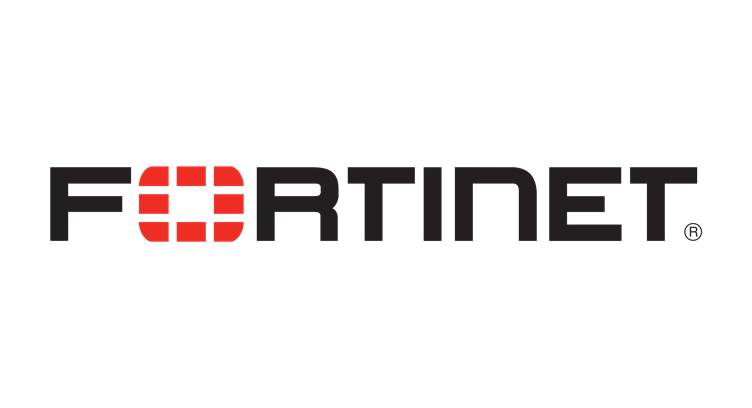Fortinet AI: A Cybersecurity Revolution
Fortinet, a global leader in cybersecurity solutions, has been at the forefront of integrating Artificial Intelligence (AI) into its products. The company’s strategic use of AI has significantly enhanced its ability to detect, prevent, and respond to cyber threats. This article delves into the various ways Fortinet leverages AI to protect businesses and organizations from the ever-evolving landscape of cyberattacks.
1. Threat Detection and Prevention One of the most critical applications of AI in cybersecurity is threat detection and prevention. Fortinet’s AI-powered solutions can analyze vast amounts of data in real-time to identify patterns and anomalies that may indicate a malicious attack. By leveraging machine learning algorithms, these solutions can learn from past threats and adapt to new ones, ensuring that they remain effective against the latest cyberattacks.
2. Network Security Fortinet’s network security products, such as the FortiGate firewall, incorporate AI to enhance their capabilities. These devices can automatically detect and block suspicious network traffic, preventing unauthorized access and mitigating the risk of data breaches. Additionally, AI-powered intrusion prevention systems (IPS) can identify and neutralize advanced persistent threats (APTs) that traditional security measures might miss.
3. Endpoint Security Endpoint security is another area where AI plays a crucial role. Fortinet’s endpoint protection solutions use AI to detect and prevent malware, ransomware, and other malicious activities on devices such as laptops, desktops, and mobile phones. By analyzing the behavior of applications and processes, these solutions can identify suspicious activity and take appropriate action, such as quarantining infected files or blocking malicious websites.
4. Cloud Security As businesses increasingly adopt cloud-based services, the need for robust cloud security has become paramount. Fortinet’s cloud security solutions leverage AI to protect cloud workloads and data from threats such as misconfigurations, unauthorized access, and data breaches. By analyzing cloud usage patterns and identifying anomalies, these solutions can detect and mitigate potential vulnerabilities.
5. Security Orchestration, Automation, and Response (SOAR) SOAR platforms, which enable security teams to automate repetitive tasks and streamline incident response processes, are another area where AI is making a significant impact. Fortinet’s SOAR solutions utilize AI to automate tasks such as threat intelligence gathering, incident triage, and remediation. By automating these processes, security teams can respond to threats more quickly and effectively.
6. FortiAI: A Generative AI Assistant Fortinet has recently introduced FortiAI, a generative AI assistant designed to help security teams make better decisions and streamline their workflows. FortiAI can provide expert advice on a wide range of security topics, from vulnerability management to incident response. By leveraging natural language processing and machine learning, FortiAI can understand and respond to complex security queries, making it a valuable tool for security professionals.
7. AI-Powered Threat Intelligence Fortinet’s FortiGuard Labs, a leading threat intelligence provider, utilizes AI to analyze vast amounts of data from various sources, including malware samples, network traffic, and dark web forums. This analysis enables FortiGuard Labs to identify emerging threats and provide timely intelligence to Fortinet customers.
In conclusion, Fortinet’s integration of AI into its cybersecurity solutions has revolutionized the way businesses and organizations protect themselves from cyber threats. By leveraging AI’s capabilities for threat detection, prevention, and response, Fortinet is able to provide customers with comprehensive and effective security solutions that can help them stay ahead of the ever-evolving threat landscape.
